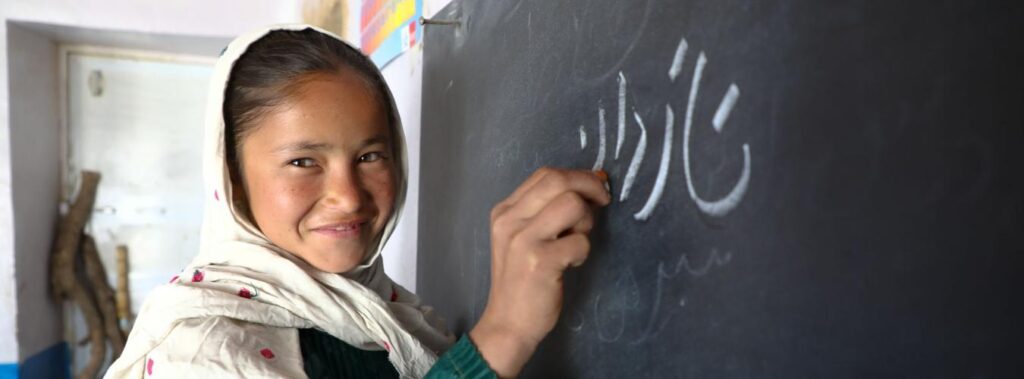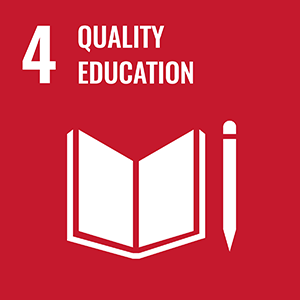International Day of Education

International Day of Education

-
This event has passed.
Event Details:
-
January 24 – January 24
-
About the Event:
To invest in people, prioritize education
The year 2023 marks the mid-point since the UN adopted the 2030 Agenda for people, planet and prosperity, with a set of 17 interlocked goals that will come up for review at the SDG Summit in September on the theme of investing in people.
Building on the global momentum generated by the UN Transforming Education Summit in September 2022, this year’s Day calls for maintaining strong political mobilization around education and charting the way to translate commitments and global initiatives into action. Education must be prioritized to accelerate progress towards all the Sustainable Development Goals against the backdrop of a global recession, growing inequalities and the climate crisis.
The International Day of Education on 24 January 2023 is dedicated to Afghan women and girls.
Read UNESCO’s concept note for the 2023 celebration and download the programme.
Background
Education is a human right, a public good and a public responsibility.
The United Nations General Assembly proclaimed 24 January as International Day of Education, in celebration of the role of education for peace and development.
Education is a human right
The right to education is enshrined in article 26 of the Universal Declaration of Human Rights. The declaration calls for free and compulsory elementary education. The Convention on the Rights of the Child, adopted in 1989, goes further to stipulate that countries shall make higher education accessible to all.
Education is key to sustainable development
When it adopted the 2030 Agenda for Sustainable Development in September 2015, the international community recognized that education is essential for the success of all 17 of its goals. Sustainable Development Goal 4, in particular, aims to “ensure inclusive and equitable quality education and promote lifelong learning opportunities for all” by 2030.
Challenges to achieving universal education
Education offers children a ladder out of poverty and a path to a promising future. But about 244 million children and adolescents around the world are out of school; 617 million children and adolescents cannot read and do basic math; less than 40% of girls in sub-Saharan Africa complete lower secondary school and some four million children and youth refugees are out of school. Their right to education is being violated and it is unacceptable.
Without inclusive and equitable quality education and lifelong opportunities for all, countries will not succeed in achieving gender equality and breaking the cycle of poverty that is leaving millions of children, youth and adults behind.


